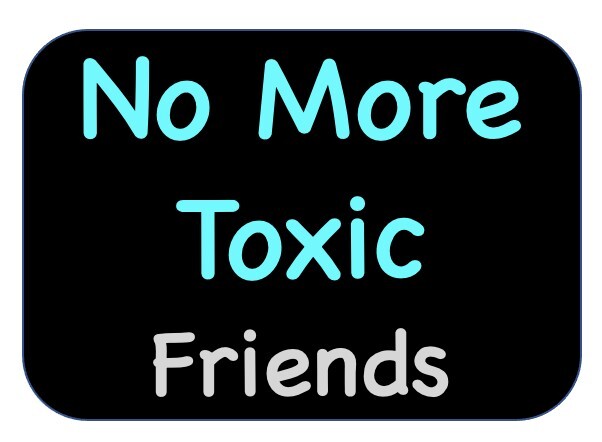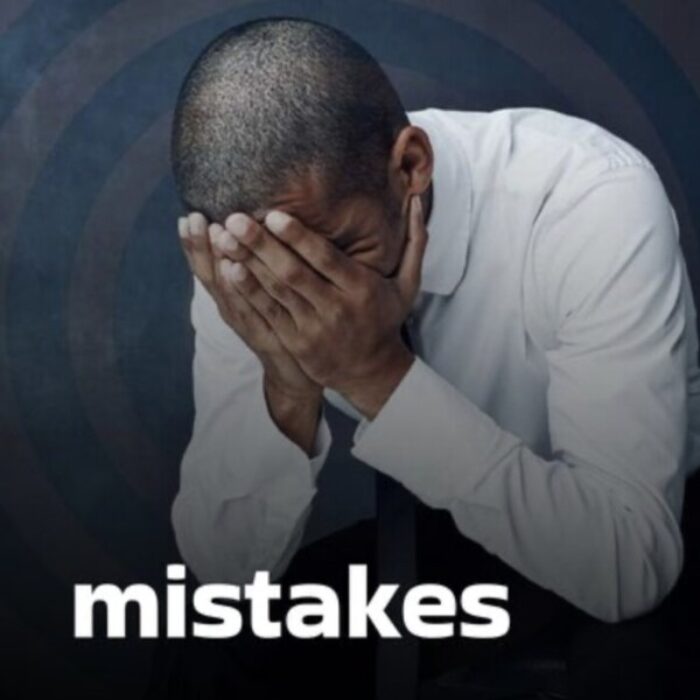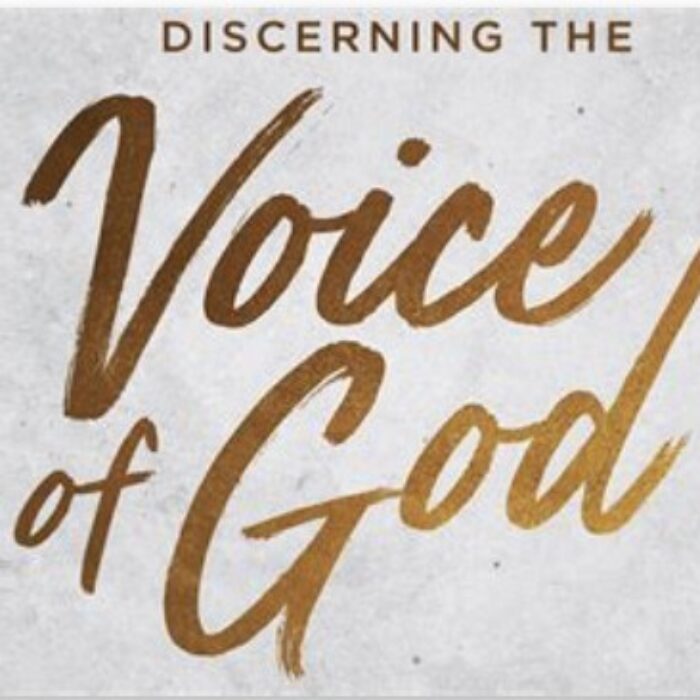By Nnaoke Ufere, PhD
As the years pass by, have you noticed that you maintain deep and meaningful friendships with fewer and fewer people?
It seems that the era of long-lasting and deep friendships is increasingly hard to come by. When I look back at old photos from high school, college, grad school, or work, I wonder where all my friends have gone. However, the truth is that true friendships are declining, and as we grow and mature, we have outgrown or even terminated some of the toxic and manipulative friendships.
More so in today’s social media-driven society where many friendships are built on superficial connections that may quickly fade. It can be challenging to build new, authentic friendships, maintain existing relationships, and keep meaningful connections alive. Friendships appear to be fleeting, and even minor conflicts may cause them to end abruptly.
As you must have noticed, maintaining strong friendships in today’s world requires a significant investment of effort, commitment, authenticity, and responsibility. Not everyone can share this level of personal investment and quality of interaction. Myself included.
When I reflect on my circle of friends, I notice that the number of deep and meaningful friendships has dwindled down to just a few individuals. In fact, I only count a few genuine friends on one hand, with a few extras. This is not necessarily a bad thing, as true friendships require time, effort, and energy to maintain.
I’m also reminded that as people’s lives change, they may become more self-focused and inward-looking, prioritizing their own interests over the needs of their friends. These friends may withdraw and become less interested in maintaining the friendship. Yet, I mourn those old friends who have separated and moved away.
In my personal experience, I have had both great friends and toxic ones. Research has shown that losing certain friendships, such as those that bring stress and diminishing returns or offer little support, can actually be beneficial for our well-being.
In my opinion, people can be classified based on levels of intimacy and mutual trust into three categories: true friends, acquaintances, and ousted and canceled friends.
True friends are those who share my values, reciprocate empathy, are mindful, do not envy me, or disparage my reputation, and are deeply trustworthy. They are individuals whom I trust, enjoy spending time with, and know they have my back. With these friends, I can make mistakes without fear of judgment, and I’m always at ease, without any pretensions. I have made a conscious decision to surround myself only with people who make me happy and whom I have mutual affection for.
Acquaintances, on the other hand, are casual friends who I may see occasionally but don’t necessarily have a deep connection with. While it’s essential to be friendly with everyone, I don’t have to invest the same level of energy into these relationships.
Lastly, ousted and canceled friends are those who, for whatever reason, became toxic, untrustworthy and constantly demeaning and miserable to be around. When I decide to oust and cancel a friend, it’s usually because I’ve reached a point where I can no longer tolerate that person’s behavior. The decision to cut ties with a friend is never an easy one, but sometimes it’s necessary for my own well-being.
Toxic behavior can manifest in many ways, such as being constantly negative, putting others down, or constantly complaining. These behaviors can have a detrimental effect on mental health and overall well-being, and it’s important to recognize when someone’s behavior is having a negative impact on your life.
Another reason for canceling a friend is because they are untrustworthy and envious. Trust is a vital component of any healthy friendship, and when someone repeatedly breaks that trust, it can be hard to continue the friendship. This can be anything from lying or gossiping to more serious issues like betrayal or envy.
Lastly, a common reason for ousting a friend is because they are constantly demeaning and miserable to be around. Spending time with someone who is always negative and brings me down can be exhausting and draining. We all have bad days, but when someone consistently brings negativity into my life, it can be hard to maintain a healthy friendship.
My preferred friends are those who share my values, whom I trust deeply, and with whom I can be vulnerable. They are loyal, trustworthy, and authentic, and they are always there for me when I need them. They support my goals and encourage me to achieve them, and I reciprocate the same level of mutuality. I have made a conscious decision to surround myself only with people who make me happy and whom I have mutual affection for.
Examples of friends I’ve demoted or canceled include those who only take and never give, exhibit toxic ideological beliefs (politics, race/ethnicity, gender, religion, etc.) become manipulative and controlling, are self-righteous, and attempt to parent me. These individuals’ behaviors became intolerable and harmful to my overall well-being. Thus, I reclassified them as acquaintances or canceled them and distanced myself from them.
As you progress through life, it’s essential to be mindful of the different types of friends you have and to reevaluate these relationships as needed. You may outgrow certain friendships or discover that some are no longer healthy for you. It’s important to recognize when it’s time to let go and move on from a friendship, particularly if it becomes toxic or manipulative or untrustworthy. Ultimately, true friendships require mutual respect, trust, and support, and these bonds can last a lifetime.
It is important to keep in mind that it is never too late to form new friendships or grieve the loss of past ones, and that is the fundamental message of this requiem.





